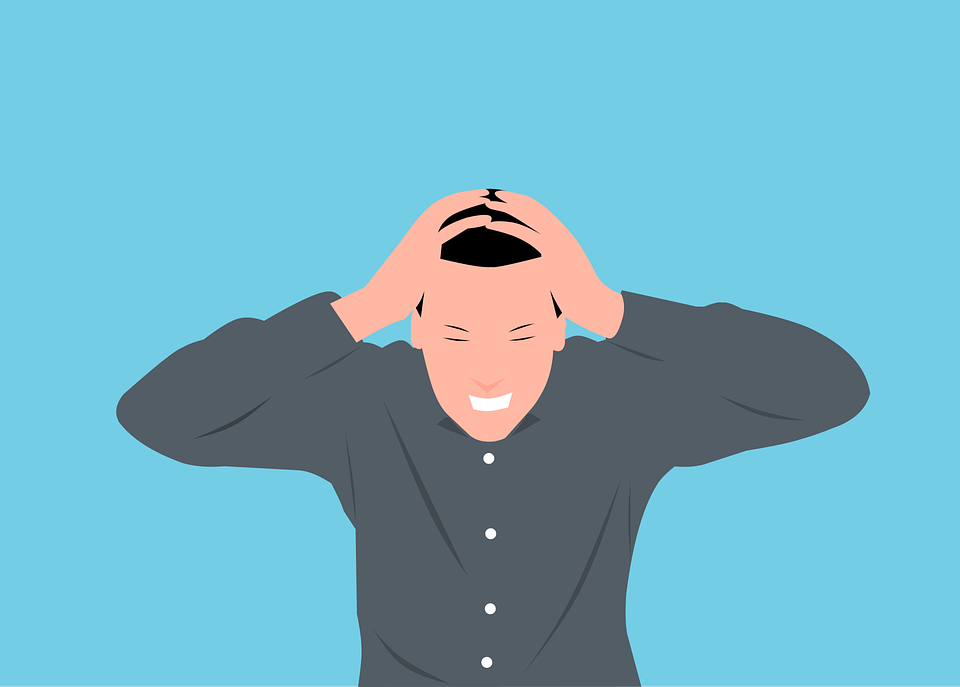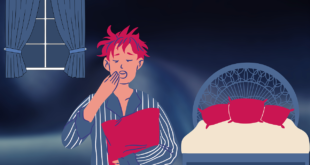
“The greatest weapon against stress is our ability to choose one thought over another.”
-William James
Dr. Nafisa Sekandari and Sr. Hosai Mojaddidi
The American Medical Association links stress to 60% of all human illness and disease. Stress can impact your entire body and cause many health problems such as insomnia, emotional and behavioral problems, ulcers, lack of energy, depression, nervousness, paranoia, asthma, and immune system dysfunction. Headaches, dizziness, ADD/ADHD, anxiety, irritability, anger, and panic disorders can be symptoms of stress. Stress can also cause digestive disorders, weight gain and obesity, chronic fatigue, heart disease and stroke. For this reason we need to take the excess stress in our lives seriously.
Understanding how stress impacts our health can help you get a better understanding of your own sensitivity to the level of stress in your life. The increased level of awareness can also help you better care for your family and friends. It’s important to remember your body doesn’t care if the stress is big or little. We all have our own sensitivity level to stress. Your body doesn’t discriminate between the size of stress. Regardless of the level of stress, stress affects the body in a very predictable way. Stress creates biochemical changes in our body that if left unchecked can lead to premature aging, impaired cognitive functioning, drained energy level, and reduction in our overall effectiveness and clarity. Stress can also lead to “cortical inhibition” which leads to smart people doing “dumb things”. Stress inhibits a small part of your brain which leads to impaired functioning and decision making. Stress can also desensitize our senses. We can become mentally numb to the stress due to our adaptation to the daily pressures, making stress a norm in our lives. It’s important to be aware that stress can easily accumulate in our system and begin impacting our overall mental and emotional clarity as well as our physical health. Even when it shows up as a bad decision, irritability, or an unwanted diagnosis at your annual medical checkup, you may not be able to make a direct connection to the overall stress in your life.
CHANGE YOUR REACTION TO STRESS
We can change our reaction to the stress in our lives. We can control how we respond to stress and become more sensitive to daily stressful situations before it manifests as a physical, mental, or emotional complaint. There are numerous simple and scientifically validated solutions to stress that can empower people to rewire their own stress response.
1.) Establish regular prayers:
Studies have shown a major underlying reason people practice religion is for stress relief. One study even found that college students who practiced a religion were less stressed than their non-religious counterparts. Research also suggests religious people are less likely to experience stress-related mental illness.
2.) Get plenty of rest and sleep:
Establish a nightly sleep ritual by going to bed on time and turn off the TV and electronics 30 minutes before bedtime.
3.) Moderate exercise:
When you move even moderately, your body secretes neuropeptides—brain chemicals that counteract the stress response. Go for a daily walk or take walk breaks during work.
4.) Cut back on caffeine:
Scale back on the amount of coffee, soda and tea you consume during the day. Try to avoid caffeine six hours before you want to go to sleep.
5.) Take an aromatherapy bath:
Relaxing in the tub is a great way to unwind. Using essential oils such as lavender can be very calming.
6.) Have a mantra:
Repeat to yourself a simple prayer or phrase, such as, “Alhumdullilah”, “This too shall pass”, or “It is what it is.”
7.) Practice yoga and meditation:
You can do deep breathing exercises anywhere. Having simple reminders such as “breathe” on your rear view mirror of your car to remind you to breathe while sitting in traffic. Shift from chest breathing to deep abdominal breathing. Count down from 10 to 0, taking a complete breath—one inhalation, one exhalation—with each number. Yoga has been proven to reduce stress within our body. The combination of deep breathing techniques and poses makes this activity work to reduce stress.
8.) Listen to the Qu’ran or calming music:
Research points to multiple ways in which music or rhythmic sounds can help relieve stress, from triggering biochemical stress reducers to assisting in treating stress associated with medical procedures.
9.) Keep a journal:
Keeping a journal may be one way to effectively relieve stress-related symptoms due to its meditative and reflective effects. A gratitude journal can really help us put things in perspective, so pick a time every day to write down a few things that make you happy.
10.) Get a massage:
Massage can be very beneficial for not only alleviating pain but also reducing stress.
If these self-help stress solutions are insufficient for your stress level, you may need to speak to someone about your situation or seek professional mental health services.
 Daryeel Magazine
Daryeel Magazine


